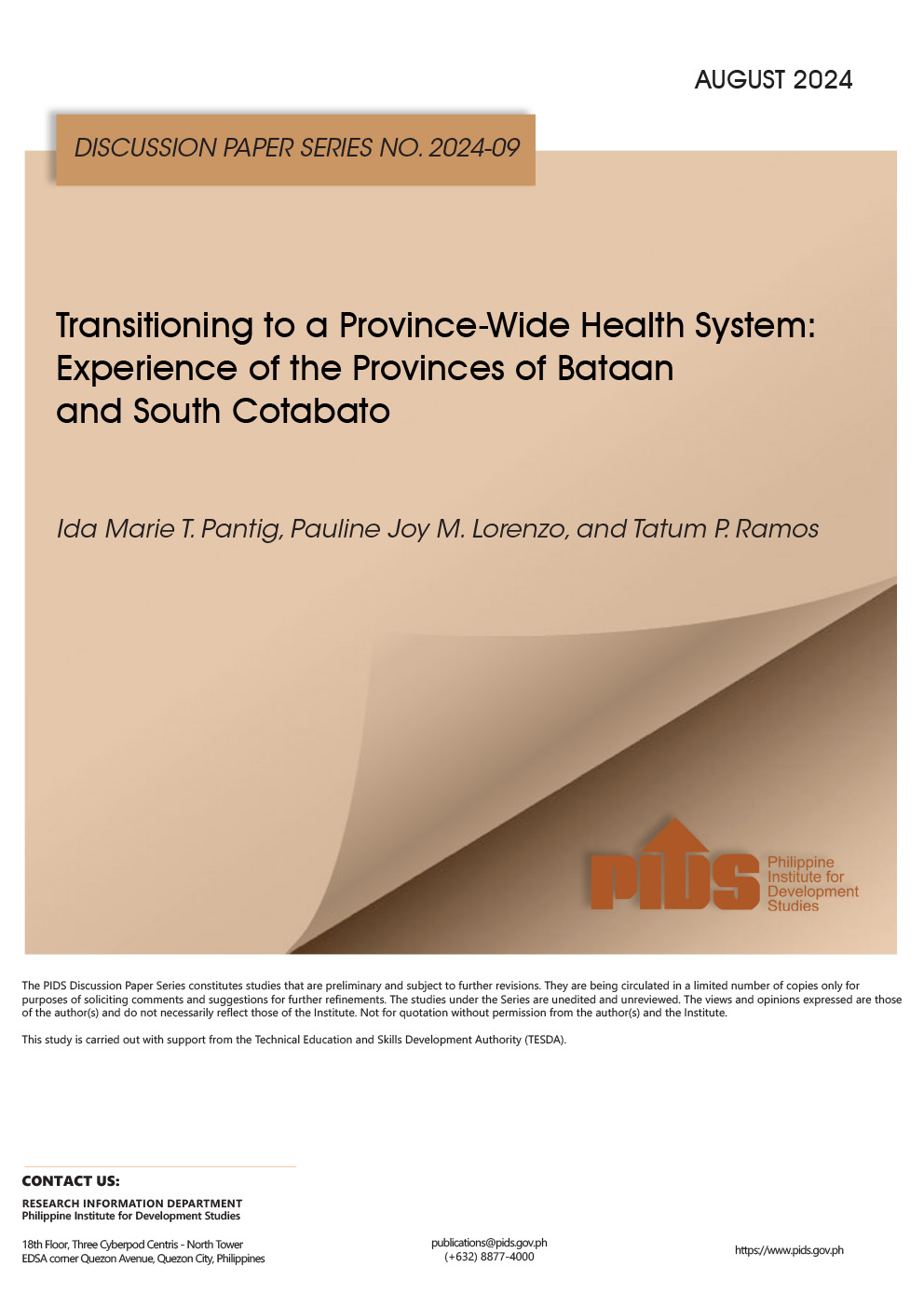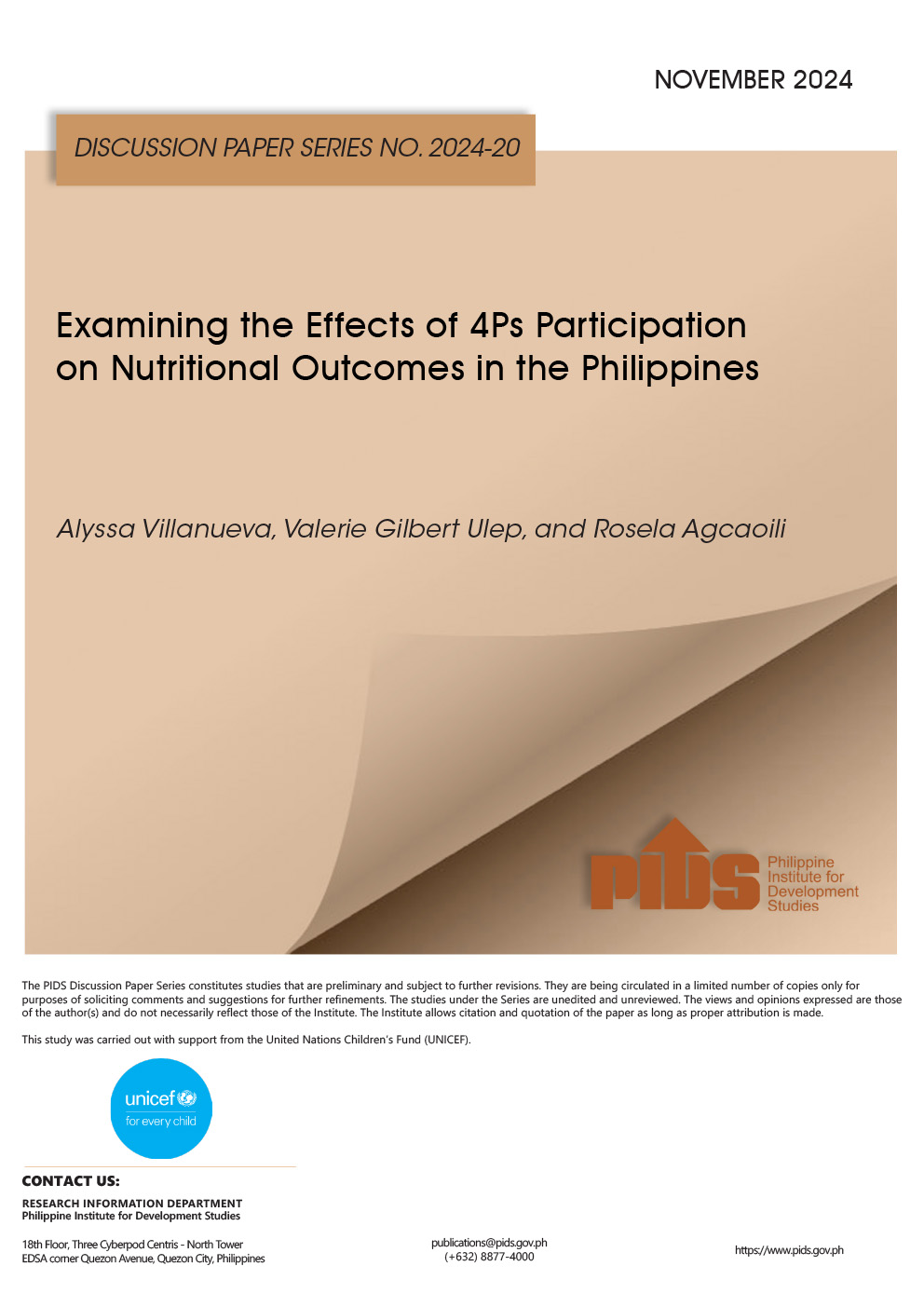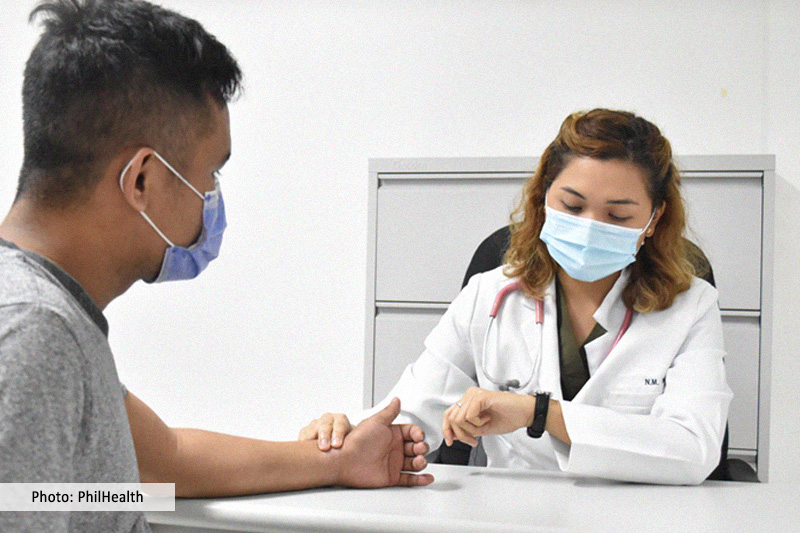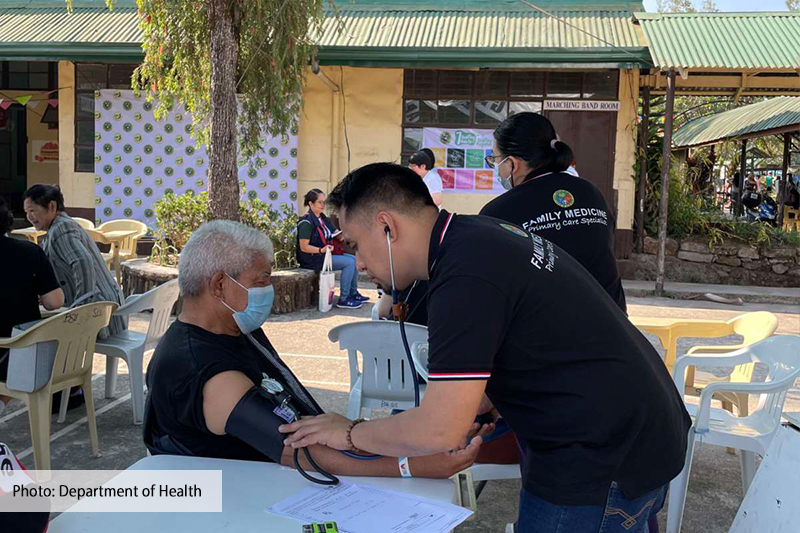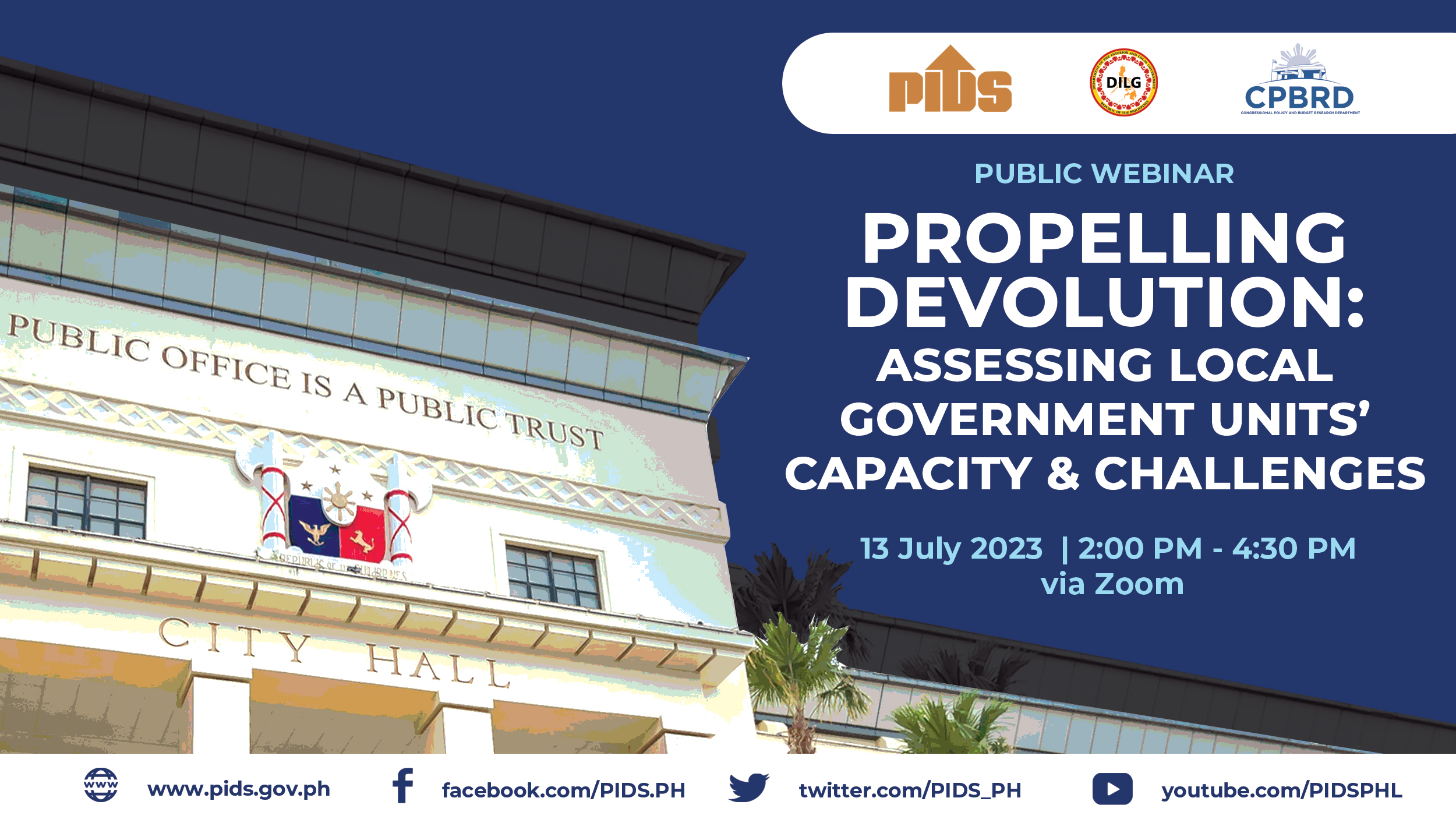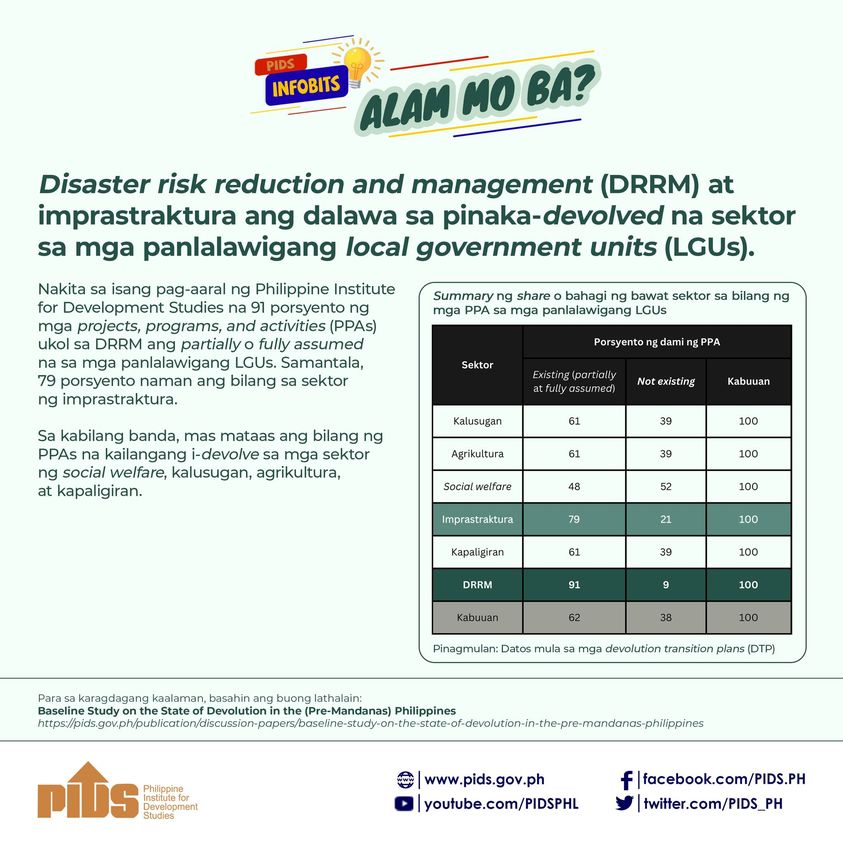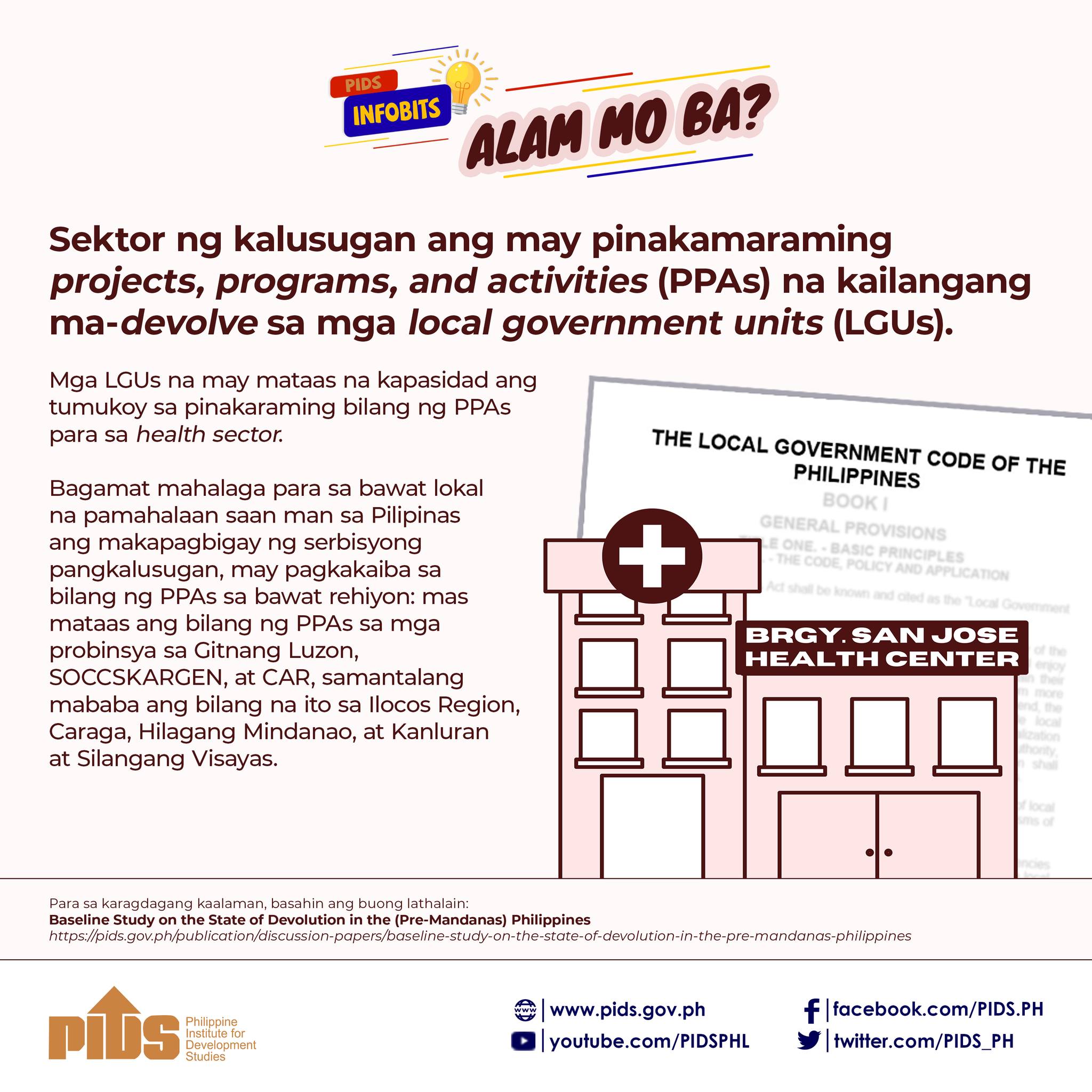MANILA, Philippines — The government needs to revisit the Sin Tax Reform Act (STRA) to make sure the funds set aside for health under the law are used efficiently and effectively, according to state think tank Philippine Institute for Development Studies (PIDS).
In a discussion paper titled “Efficiency and Effectiveness of Earmarking for Public Health in the Philippines” published by the state think tank, PIDS research consultants Miharu Jay Kimwell, Frances Lois Ngo, Vicente Alberto Puyat, and George Douglas Siton cited the need to reexamine the policies and processes of the law to reap the benefits of earmarked funds adequately, efficiently, equitably, and effectively in the public health sector.
Republic Act 10351 or the STRA was enacted in line with the Philippines’ commitment to the World Health Organization Framework Convention on Tobacco Control.
The law aims to increase revenues for government spending on health, and to reduce tobacco smoking and alcohol use, which are risk factors linked to non-communicable diseases.
Reforms under the law include increases in excise tax rates on tobacco and alcohol products and the allocation of revenues for funding universal health coverage.
Of the tax revenues collected from excise tobacco and alcohol taxes, the PIDS study said 85 percent are earmarked for the health sector covering programs of the Department of Health (DOH) and the premiums for the Philippine Health Insurance Corp.
The call to revisit the STRA comes as the study, which evaluated the performance of public health budget allocations from the law, found the increased funding did not necessarily lead to greater effectiveness, efficiency and equity of target outcomes.
“Our main finding is that although program and health outcomes of select public health programs have improved since the implementation of sin tax revenues, these funds have not necessarily been efficiently and equitably utilized by the recipient programs,” the PIDS consultants said.
According to the authors, the DOH needs to show its capability and accountability to utilize its annual budget effectively.
As most of the funds from sin tax revenues are used to finance the membership of the needy in the national health insurance program, poverty incidence should be included in the criteria and administrative processes of allocating funds for all programs, the authors said.
“Given the increase in fiscal space and autonomy to use the budget, monitoring and evaluation of the outcomes achieved by the allocations provided by sin tax revenues must be continuously reported,” the report said.
Through monitoring and evaluation, the authors said the DOH, Department of Budget and Management, and Department of Finance would be able to quantify the outcomes of the six tax revenues used to fund different programs.
The authors also emphasized the need to review performance indicators for the different health programs and activities so that targets are able to effectively and clearly quantify the services and outcomes that should be achieved for universal health coverage.

